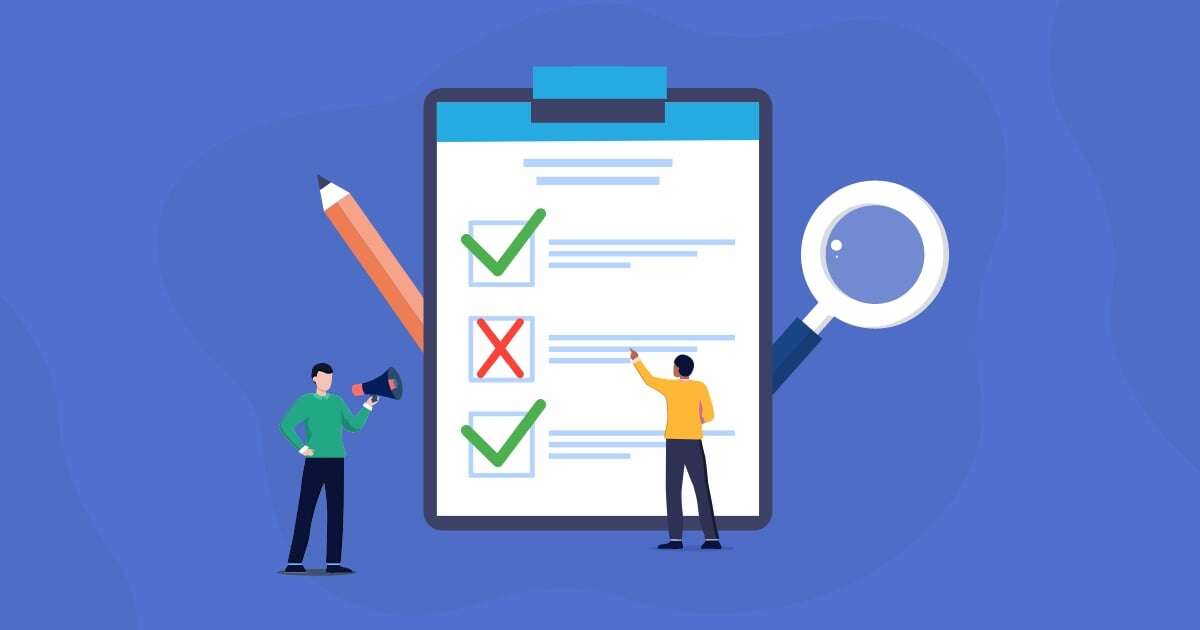Vendors come in all shapes and sizes, and the risks they pose to your organization are as varied as the products and services they provide. Your organization and its customers are most at risk from vendors who can seriously impact your operations if they fail or experience a prolonged outage. We refer to these vendors as critical vendors.
Because the stakes are high, these vendors always require careful consideration and management. Auditors and regulatory examiners will often focus on an organization's risk identification, assessment, management, and monitoring of critical vendors. So, knowing who they are and how to manage them is extremely important.
What Is a Critical Vendor?
Those third parties whose failure or prolonged outage would have severe consequences for your business operations are considered critical vendors. Without your critical vendors, your organization would be unable to conduct business as usual, if at all. Your organization depends on critical vendors to provide products and services essential to your day-to-day operations.
Depending on your industry and organization, different vendor types may be essential to your operations or customers.
Some examples of critical vendors' products and services include:
|
|
- Payment processing systems
|
- Customer service call centers
|
|
- Network security provider
|
- Fire suppression and life safety systems
|
|
|
- Personal Protection Equipment (PPE)
|
|
|
|
After seeing examples of potentially critical vendors, it's time to find out which ones are critical to your organization.
Questions to Identify Critical Vendors
When identifying which vendors are critical to your operation, creating a standard set of criteria that can be universally applied to all the vendors in your inventory is important. That means evaluating the criticality of each vendor using the same standards every time.
To keep this process simple, you can ask the following three questions.
- If we abruptly lost this vendor, would there be a significant disruption to our operations?
- Would the sudden loss of this vendor impact our customers?
- If the time to restore service required more than 24 hours, would there be a negative impact on our organization?
If you answer "yes" to one or more of these questions, you're likely dealing with a critical vendor.
Now, while those three questions work well in most cases, you may also consider the following depending on your organization:
- If we need to engage a different vendor to provide the products or services or bring the outsourced activity in-house, will this require a significant amount of finances, resources, or time?
- If this vendor failed to provide its products or services, would our organization be subject to increased regulatory scrutiny, enforcement actions, or fines?
- Would this vendor's failure cause significant harm to our organization's brand or reputation?
Remember that critical vendors are essential to the organization's operations, not just to an individual business line or department.

The Importance of Identifying Critical Vendors
Knowing which vendors are critical to your organization and its customers is important for many reasons, including:
- Identification of critical vendors is a regulatory requirement for many industries. Several regulations require an organization to identify and manage its critical vendors. It’s also crucial that the board of directors and senior management stay informed about critical vendor performance and ensure that any required issue remediation takes place as soon as possible.
- To minimize risk, critical vendors require the most third-party risk management. Third-party risk management activities should always be in proportion to the risk presented. That means that the highest-risk vendor engagements receive the most thorough and frequent risk identification, assessment, management, and monitoring. Due to their extreme risk to your operations, it’s imperative that critical vendors undergo comprehensive due diligence, careful contract structuring and negotiation, and continual risk and performance monitoring.
- Critical vendors are essential to your organization's business continuity planning. Because of the impact your critical vendors can have on your organization's operations, they must be included in your organization's business continuity and disaster recovery planning, testing, and reviews. It's also essential that your critical vendors have their own business continuity and disaster recovery plans. Review your critical vendor's plans and testing results to ensure they meet your organization's requirements.
Critical vendors provide products and services essential to your organization's operations. Without them, business as usual may not be possible, or your customers may be negatively impacted. This is why it’s important to know who they are and manage them with the highest level of risk management possible. Don't forget auditors and examiners will focus on your critical vendors. And your board and senior management are accountable for ensuring that critical vendors are properly identified and managed.





.gif?width=1920&name=Sample-Graphic-Animation%20(1).gif)




